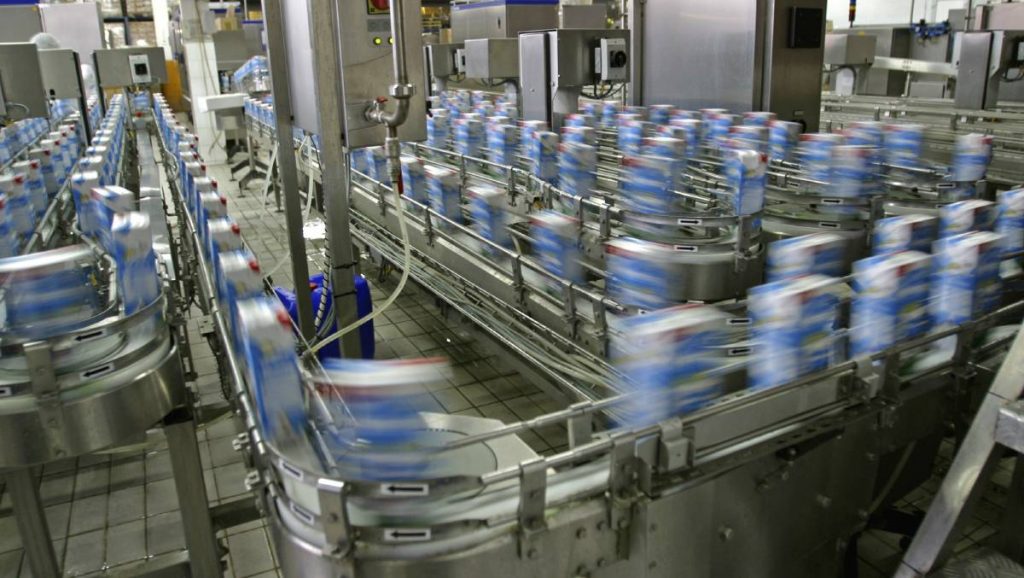
There has been a lot of speculation about the code and how useful it would be, but it is already clear the code is having a positive impact for farmers.
The code forces all processors to review their contracts to ensure that they become compliant.
It’s unlikely that contracts in place before January 1 will meet the code and as a result, these existing contracts will need to be renegotiated by the end of 2020 since they must be compliant by January 1, 2021.
In addition, all contracts will need to be changed to a financial year basis, not calendar year, which will force some processors to change.
One of the key changes to come about from the code is the reassessment of long-term contracts. In the past processors forced farmers to sign three- and five-year contracts with no pricing certainty at all. Now, processors must stipulate minimum prices for all years. The prices quoted in these contracts need to be sensible and attractive minimum prices, not meaningless prices which are well below the first-year price.
This clause forces processors to re-think long term contracts and the risks that they present to their business. It has already led to shorter contracts being offered and I would expect all processors to follow suit in the future.
So, despite the scepticism by many in the industry, the code has been worth the wait and is already having a very positive impact for dairy farmers.
QDO looks forward to working closely with Agriculture Minister Bridget McKenzie and the ACCC in educating farmers about the code and to ensure any issues are addressed. As a member of the Dairy Consultative Committee I will be involved in reviewing and helping to strengthen the code over the next two years, and I welcome farmers to contact QDO to discuss their existing or new contracts with me.

























